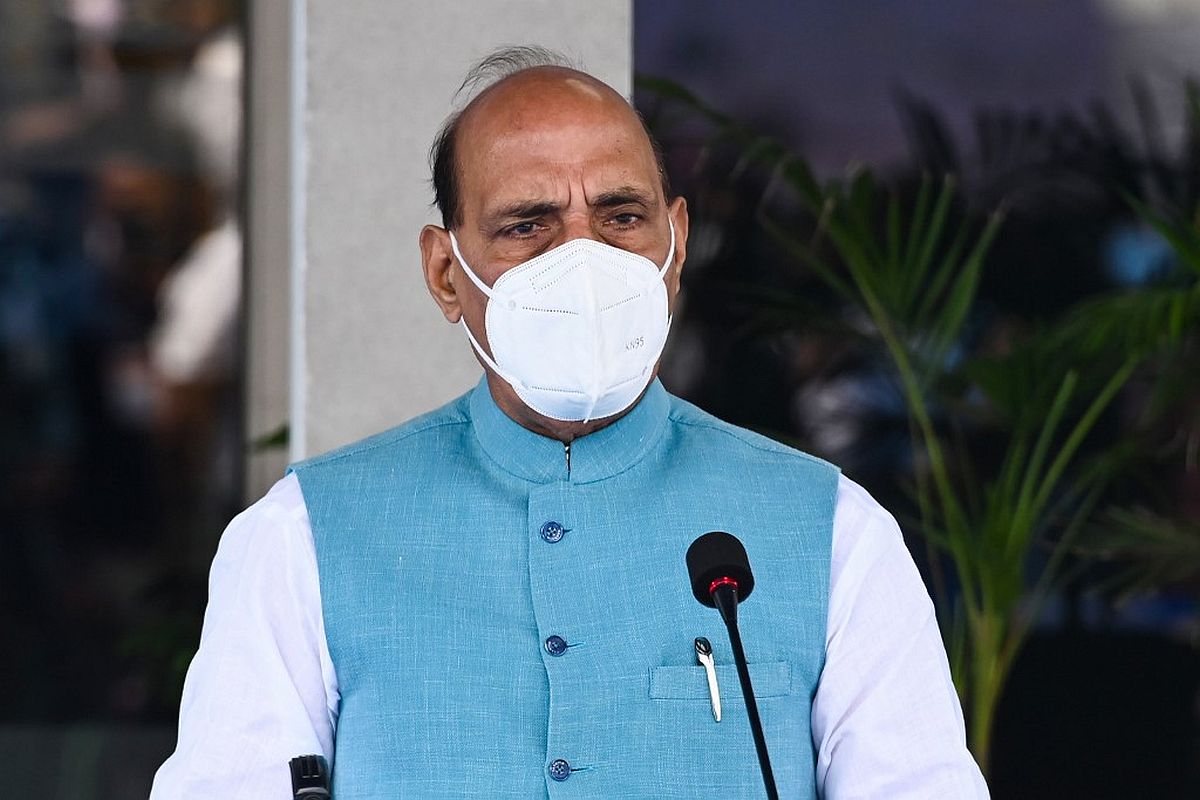Amid the ongoing military stand-off with China at eastern Ladakh, the government today approved proposals for capital acquisitions of various equipment required by the armed forces at a cost of Rs 2,290 crores and unveiled the Defence Acquisition Procedure (DAP) – 2020 with a view to providing an impetus to the domestic industry, achieving self-reliance in defence manufacturing and making India a global manufacturing hub.
The Defence Acquisition Council (DAC), which met under the chairmanship of Defence Minister Rajnath Singh, approved the procurements from the domestic Industry as well as foreign vendors.
Advertisement
Under the Buy Indian category, the DAC approved procurement of static transmitter and receiver sets and smart anti-airfield weapons (SAAW ).
The transmitter and receiver sets will enable seamless communication for the field units of the Army and the Air Force and are being procured at an approximate cost of Rs 540 crores.
The smart anti airfield weapon being procured at a cost of about Rs 970 crores will add to the firepower of the Navy and the Air Force. Further, to equip the frontline troops of the Army, the DAC also accorded approval for procurement of SIG SAUER assault rifles at a cost of about Rs 780 crores. Meanwhile, the Defence Minister also unveiled the Defence Acquisition Procedure (DAP) – 2020 with a view to providing an impetus to the growing domestic industry, achieving enhanced self-reliance in defence manufacturing and making India a global manufacturing hub.
Singh had approved constitution of Main Review Committee under the chairmanship of Director General (Acquisition) Apurva Chandra in August 2019 for the preparation of the DAP, which will be applicable with effect from 1 October.Formulation of the DAP has been done over more than one year, incorporating comments/suggestions from a wide spectrum of stakeholders, the Defence Ministry said.
The DAP has been aligned with the government’s vision of ‘Atmanirbhar Bharat’ and empowering the Indian domestic industry through Make in India initiative with the ultimate aim of turning the country into a global manufacturing hub.
With the new Foreign Direct Investment policy announced, DAP 2020 has adequately included provisions to encourage FDI to establish manufacturing hubs both for import substitution and exports while protecting interests of the Indian domestic industry.
Specific reforms enunciated in the ‘Atmanirbhar Bharat Abhiyan’ have been incorporated in the DAP to provide for notifying a list of weapons/platforms for a ban on imports and indigenisation of imported spares. The Request For Information (RFI) stage will explore willingness of the prospective foreign vendors to progressively undertake manufacture.









